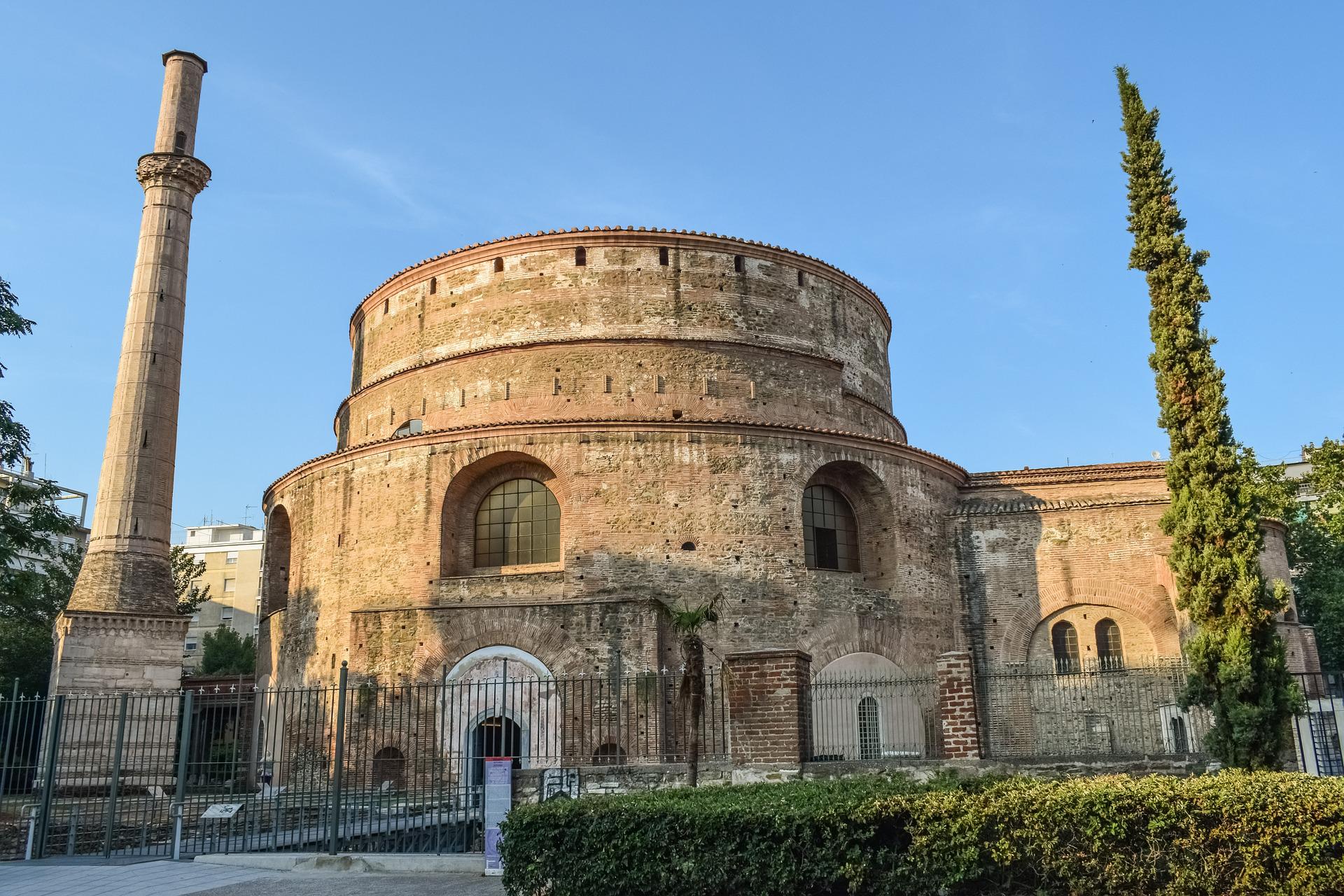
The White Tower of Thessaloniki
Thessaloniki, GR
At The White Tower of Thessaloniki
The White Tower, the landmark of Thessaloniki standing on the city's waterfront, was once the south-east tower of a large fortification. According to travelers' descriptions and old representations of the city, the section of the wall along the seafront, which was demolished in 1867, had three towers; the White Tower was the one at its east end where it joined with the east wall.
Location

Thessaloniki Castle
Thessaloniki, GR
At Thessaloniki Castle
The Castle of Thessaloniki, also known as Heptapyrgion or Yedi Kule, is located on a hill above the Old Town (Ano Poli). Its location gives gorgeous views to the city, the port, and the Aegean Sea.The Castle of Thessaloniki was built on the spot of the ancient Acropolis, founded by Cassander in 316 B.C. The walls of the castle, that are still visible today, date from the 4th century A.D. when the Byzantine emperor Theodosius I fortified the town.
Location

Bey Hamam
Thessaloniki, GR
At Bey Hamam
Bey Hamam, alternatively known as the "Baths of Paradise",Built in 1444 by sultan Murad II, it was the first Ottoman bath in Thessaloniki and the most important one still standing throughout Greece. For this reason, it is a part of those few important vestiges of Ottoman culture remaining in Thessaloniki and Greece in general
Location

Arch of Galerius (KAMARA)
Thessaloniki, GR
At Arch of Galerius (KAMARA)
One of the most characteristic monuments of Thessaloniki whose purpose was not practical, but memorial and honorary. It is a triumphal arch built shortly before 305 AD to honor the Roman Emperor Galerius, after the final victory over the Persians.
Location

Rotonda
Thessaloniki, GR
At Rotonda
The emblematic monument of Thessaloniki, was constructed in the early 4th century AD, on the turning point between the pagan with the Christian world, probably as a temple for ancient cult worship or as a mausoleum for Constantine the Great (306-337).
Location